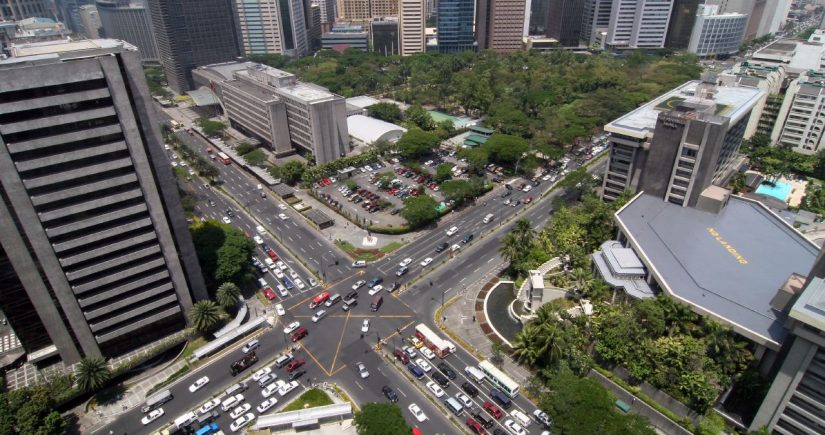
by Vincent Lazatin, Chairman of the CoST Philippines’ Multi-Stakeholder Group
The Philippine Government Electronic Procurement System (PhilGEPS) is the Philippine government’s official electronic procurement portal. Although it has been around for more than a decade, compliance with procurement posting, though mandated by law, is still low. The government of Benigno Aquino III has set as its goal to achieve 100% compliance with PhilGEPS postings for all government procurements.
The CoSTPhils multi-stakeholder group recognized early on during the pilot phase of CoST the key role that PhilGEPS could play in meeting the disclosure requirement of the initiative. Not surprisingly, PhilGEPS is designed to capture nearly all of the project information required by CoST. The challenge has been to improve posting compliance by procuring entities, and to ensure that other project information, if not captured by PhilGEPS, would be captured elsewhere.
As part of the pilot phase, CoSTPhils, with funding from the UK’s Department for International Development (DfID), commissioned a business case study that showed PhilGEPS could become self-funding through user charges and fees. (PhilGEPS is currently funded by an allocation from the national government.) This is important because by becoming self-funding the PhilGEPS can generate enough resources, according to the business study, to not only cover its operational expenses, but also development expenses to expand the coverage, reach and public access to the valuable database. Working with its partners in the CoSTPhils MSG, the PhilGEPS has shepherded the process of becoming a financially independent government agency.
CostPhils also worked with PhilGeps in identifying and implementing strategies that made more efficient and effective the performance of disclosure and assurance activities, CostPhils assisted the expansion of the capacity of PhilGeps and supported the development of a contract execution module in the system. The intervention of the non-government and private sectors in the CoST initiative in the Philippines has been a catalyst for increasing transparency in the construction sector. While there is still some way to go terms of construction sector transparency in the Philippines, the CoST MSG, along with its government partners like the PhilGEPS, are committed to institutionalizing disclosure of project material. The cooperation among government, private sector, academia/professional groups, and non-government organizations is showing to be a sustainable model for construction sector transparency.
